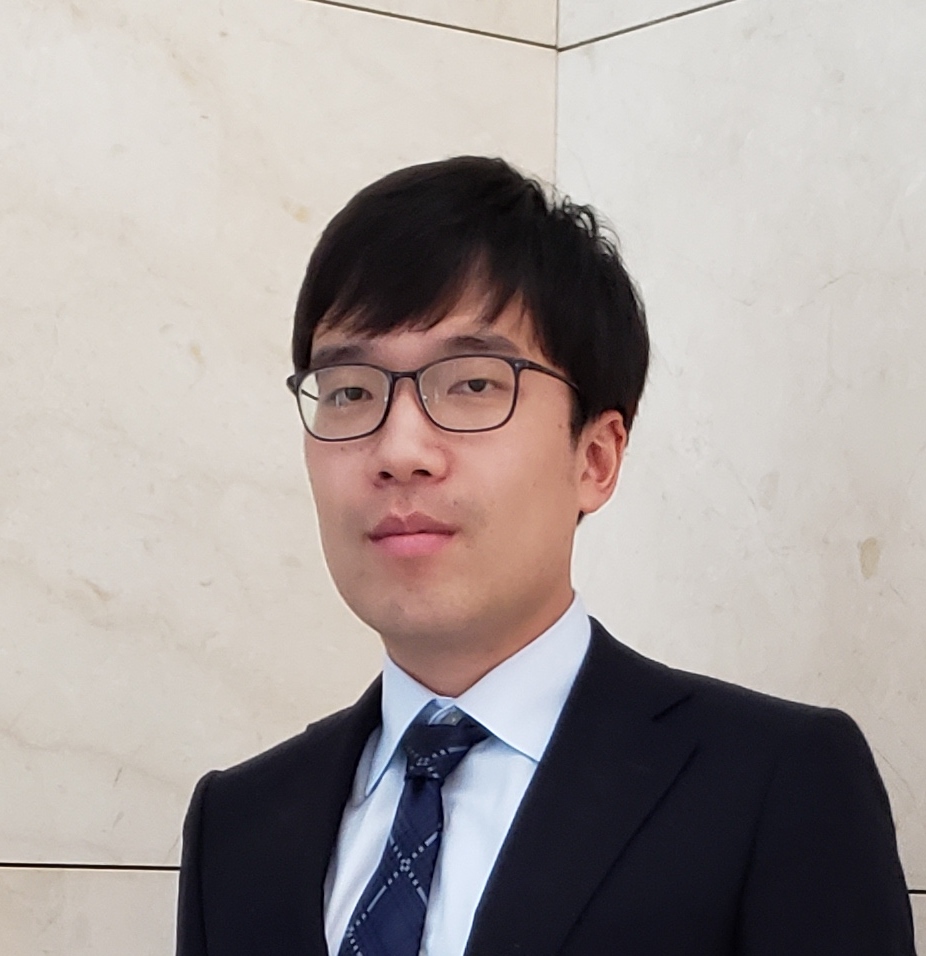
[tta_listen_btn listen_text="Click to listen to this story" pause_text="Pause" resume_text="Resume" replay_text="Replay" start_text="Start" stop_text="Stop"]
Bill Kim, an assistant professor in the Department of Chemistry, has received the 2023 Petro-Canada Emerging Innovator Award to support his cutting-edge biological chemistry and genome editing research program.
While point mutations in DNA, caused by replication errors or environmental damage, are found in clinical samples from cancer patients, the role of most mutations in causing disease is unknown, impeding the development of new therapeutics. The award will enable Kim to develop new methods of creating genetic mutations in cells to better understand and treat diseases.

Leveraging a gene editing technology called clustered regular interspaced short palindromic repeats (CRISPR) and a CRISPR-derivative technology called “base editing” that he co-invented, Kim aims to target disease-associated DNA sequences in cell cultures and create various point mutations to study their impact on protein and cellular function. He will engineer a class of proteins known as DNA glycosylases, which remove the nucleotide bases within DNA; when bases are removed, the cell repairs them by introducing one of the four nucleotides in a semi-random manner. This innovative method will generate diverse mutations that can be studied further to understand their impact on disease. Kim’s approach is anticipated to be more efficient than the conventional base editing strategy he originally co-developed.
Kim is an emerging world leader in genome editing technology development. Throughout his scientific career spanning 11 years, his work on genome editing technology development has been published in world-class journals including Nature, Nature Biotechnology, Nature Communications and Science Advances, collectively accruing more than 5,400 citations. The CRISPR base editing technology that he co-invented is a revolutionary genome editing method that has gained widespread adoption in hundreds of laboratories worldwide. The technology was a finalist for Science magazine’s 2017 Breakthrough of the Year.
The Petro-Canada Emerging Innovator Award is given to outstanding new full-time faculty members beginning their academic career at York University. The awards program is a commitment by Petro-Canada (now Suncor Energy) and York University to encourage excellence in teaching and research that will enrich the learning environment and contribute to society.
